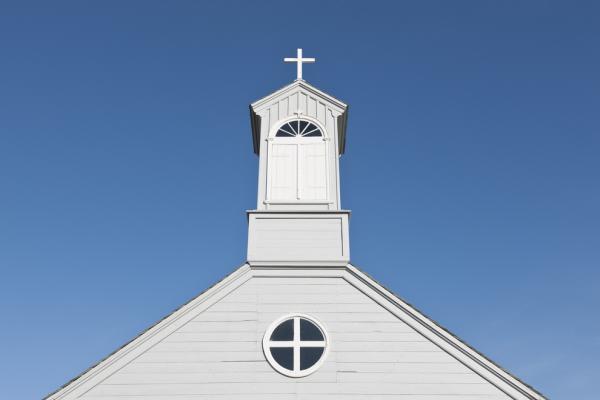Apr 3, 2018
Karenna Gore: When we talk about interfaith dialogue and religions, the traditional way of doing often includes only Abrahamic religions — Islam, Judaism, and Christianity — and certainly that’s a very robust interfaith dialogue, but then when you add the non-Abrahamic traditions of Hinduism and the Indic traditions, and Buddhism and the East Asian traditions, you often have a very different conversation about whether nature itself is a subject.
Read the Full Article

Already a subscriber? Login
